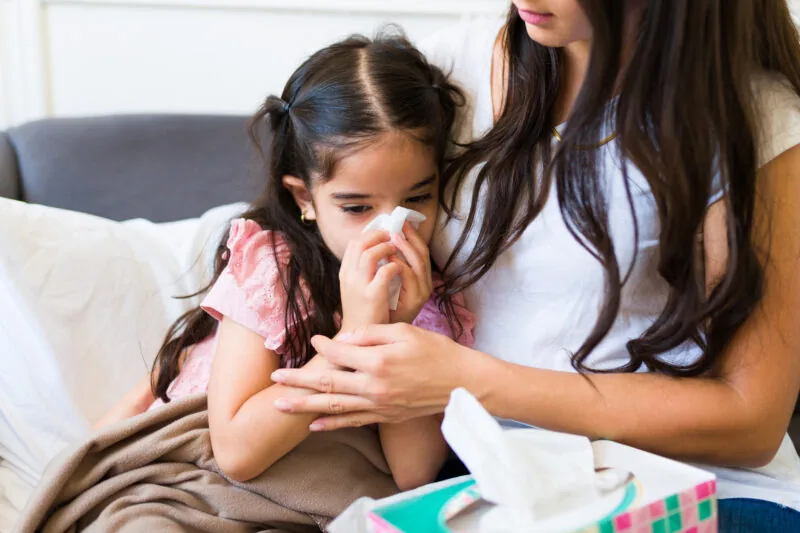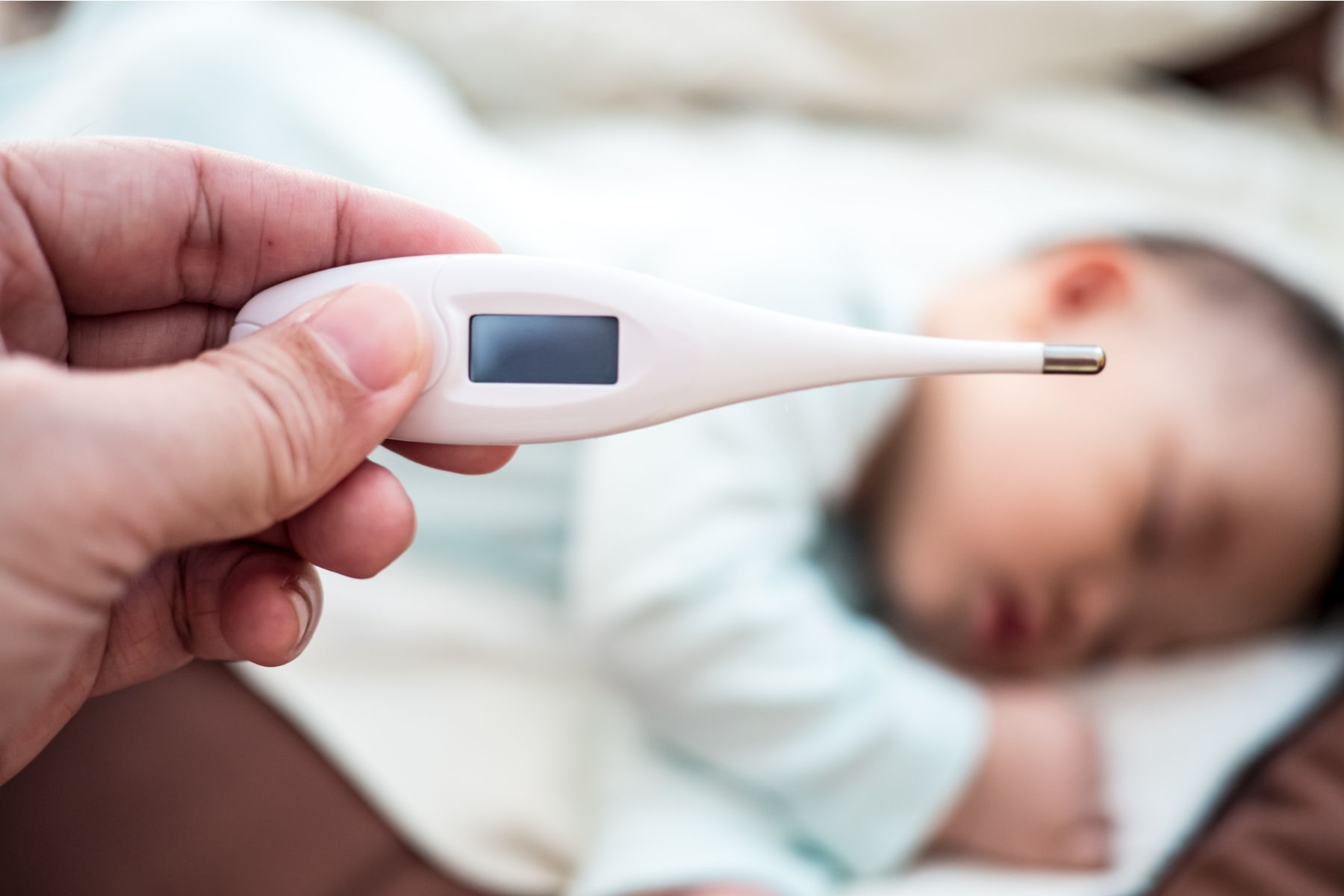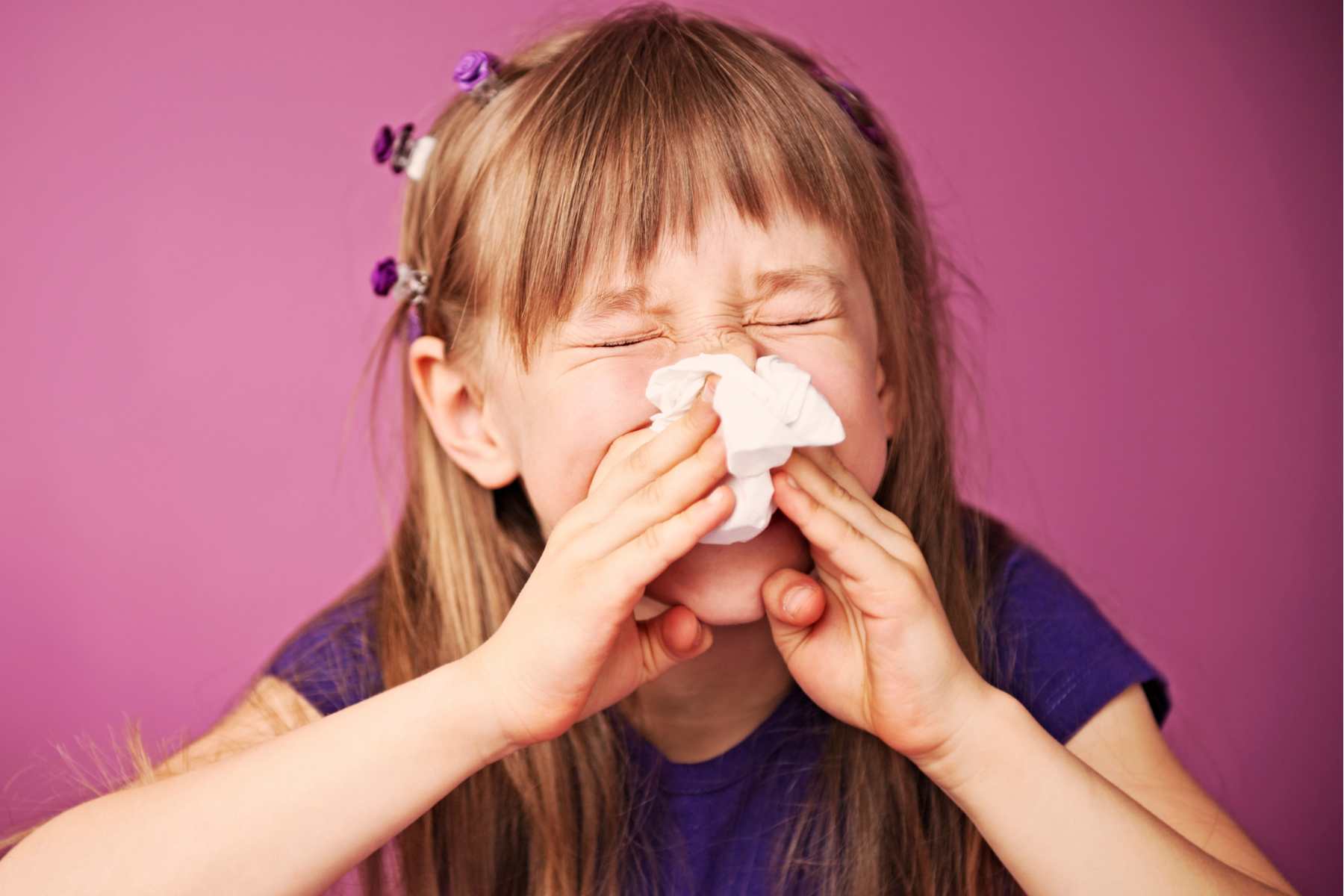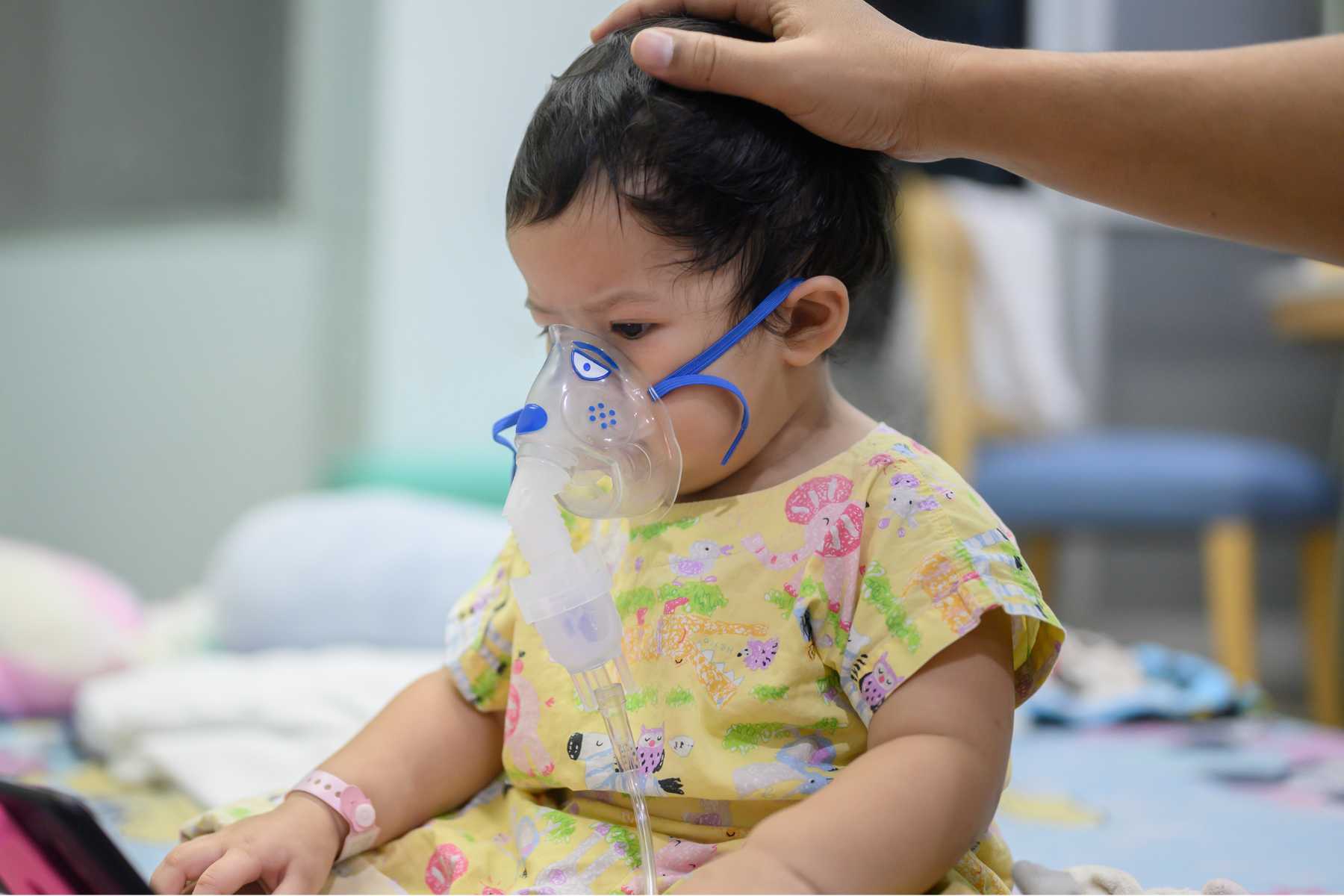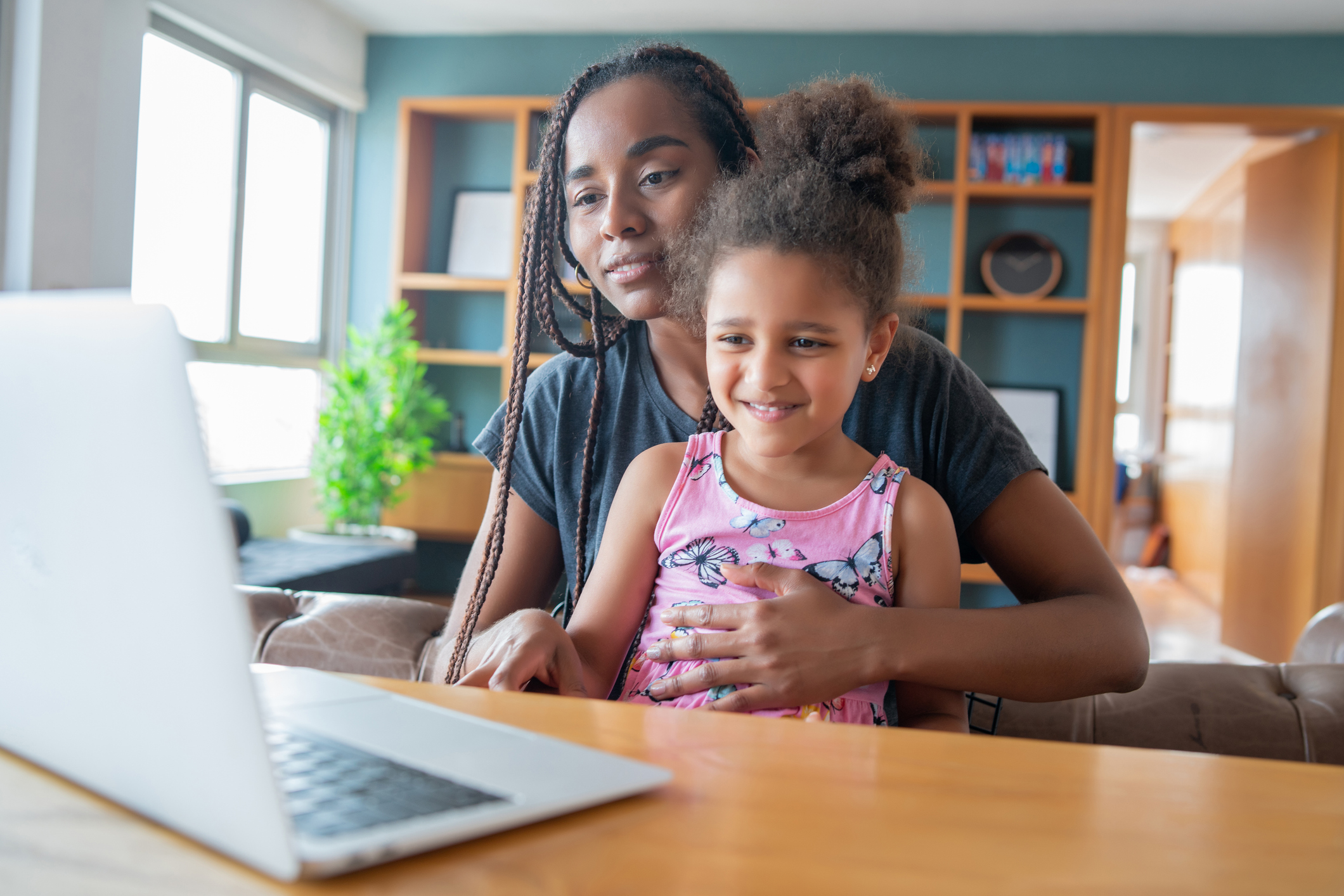Managing Upper Respiratory Infections in Babies, Toddlers, and Teens
As parents, few things are more worrying than hearing your child cough, sniffle, or struggle to breathe easily. Upper respiratory infections (URIs) – including the common cold, sinus infections, and
Continue ReadingSIX TIPS TO HELP KIDS DEAL WITH STRESS
In today’s busy world, it’s easy for anyone – even kids – to feel overwhelmed. For kids, maybe they are worried about homework and grades, or maybe they are being
Continue ReadingIdentifying Your Child’s Illness
We are still in respiratory virus season, which can be stressful for parents of babies and young children. If you are worried about the respiratory syncytial virus (RSV), the first
Continue ReadingFood Allergies: What Parents Need to Know
Food allergies are common complaints in CPCMG offices. Here is a recap of what you need to know about food allergies and food intolerance, who is likely to develop a
Continue ReadingASK THE CPCMG PEDIATRICIAN: Why is my child getting sick so often?
It seems like my child is always sick. They will feel better for about a week, then get sick again. Why is my child getting sick so often? If your
Continue ReadingTeach your child to be a graceful loser
From video games to spelling bees, board games to sports, there will be many opportunities for your child to lose a game or competition. What matters is how they handle
Continue ReadingNew Beginnings: A Guide to Positive Parenting and Self-Care in 2024
Happy New Year! As we stand at the threshold of a new beginning, it's an ideal opportunity to adopt a fresh perspective and focus on nurturing positive changes for both
Continue ReadingRSV: What you should know
Babies and children sick with respiratory syncytial virus (RSV) are filling pediatricians’ offices and children’s hospitals across the United States. RSV season typically starts November 1st and will last until
Continue ReadingConvenient care for your kids: Video Visits
Managing a busy family schedule is challenging on a good day but toss in the surprise of a child complaining that they don’t feel well, and life just got a
Continue ReadingGratitude is the best attitude
As we step into the holiday season, we are reminded to be grateful. Both gratitude and thankfulness are positive practices that are important, not just during the holidays, but in
Continue Reading
